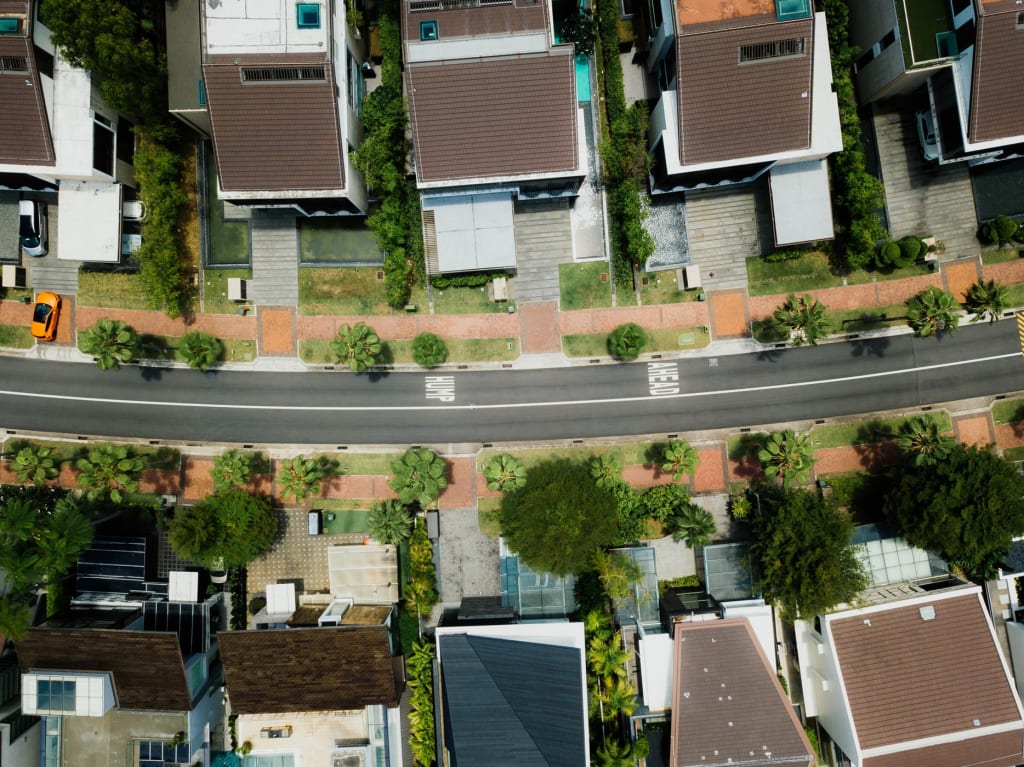
Recently, more and more people have become interested in using solar power in their day-to-day lives. This makes sense because solar power is more sustainable and clean than energy produced through fossil fuels. Perhaps by switching to solar energy, it can lead to the reduction of greenhouse gas emissions that result in air pollution. Solar energy offers a wide range of benefits. The question is, will going solar save you more money? It all depends on your lifestyle and where you live. This guide can help you shed light on whether solar power is a cheaper option for you.
What Influences the Cost of Regular Electricity?
Before diving into which option is cheaper, it's important to first be aware of the factors that affect the cost of regular electricity. The cost of electricity is determined by various factors, some large, some small. The main factors that may affect your energy costs include:
Power plants: The cost of financing, building, operating and maintaining power plants can have an impact on your energy bill. These operations may be expensive, depending on your area.
Fuel costs: It takes fuel to create energy and it takes energy to generate and distribute electricity. Fuel costs can vary, especially when there's high demand. Therefore, high electricity demand can result in high demand for fuel (i.e., natural gas, coal, etc.). As a result, fuel prices will increase, which consequently, increases the cost to produce electricity. Thus, you may see a higher energy bill.
Weather: Extreme weather can result in higher usage of heating and cooling. Not only will your increased usage result in higher electricity costs, but so will the higher demand for electricity.
Regulations: Depending on your state, public service or utility commissions may regulate electricity prices. This can have a significant impact on your electricity costs.
There are various ways you can reduce your electricity costs. One way is to shut off and unplug certain electronics when they're not in use. Another way is to turn off lights you're not using. Yet, you can also reduce your energy consumption by switching out your regular bulbs for LED lights. They not only require less energy, but they also last longer, which means that you'll spend less money replacing them.
But maybe you no longer want to use regular electricity and want to switch to a cleaner way of producing energy. Solar energy may be just what you need. However, there are a lot of things you should consider before going solar.
What's the More Cost-Effective Option?
On average, electric utility rates are about 12 cents per kilowatt-hour in the US. This means that on average, by using 911 kWh per month, you can expect to pay $114 before taxes and fees. If you use your heating and cooling system often for the winter and summer months, you're likely paying much more than that. Also, if you live in an area with a higher cost of living, your electric bill could range from $200-$300 if you're not using methods to preserve energy.
On the other hand, the average solar panel cost calculates to about $.72 per watt. However, your property structure, home's location, local weather patterns and the availability of a solar resource (how often and how brightly the sun shines) can affect this cost. While regular electricity costs depend on usage, location, and other factors, the cost of solar energy depends on the availability of the sun.
Also, solar panels require a fee upfront, for the equipment and installation. Of course, this pays off in the long run because you'll see more savings over time. Besides, with more recent changes in the solar panel industry, installation is more affordable. This is mostly because financing and leasing options are widely available.
When considering regular electricity vs. power, think about the long-term cost savings you'll receive by going solar. You could save money and will get the added benefit of saving the planet too.






Comments
There are no comments for this story
Be the first to respond and start the conversation.